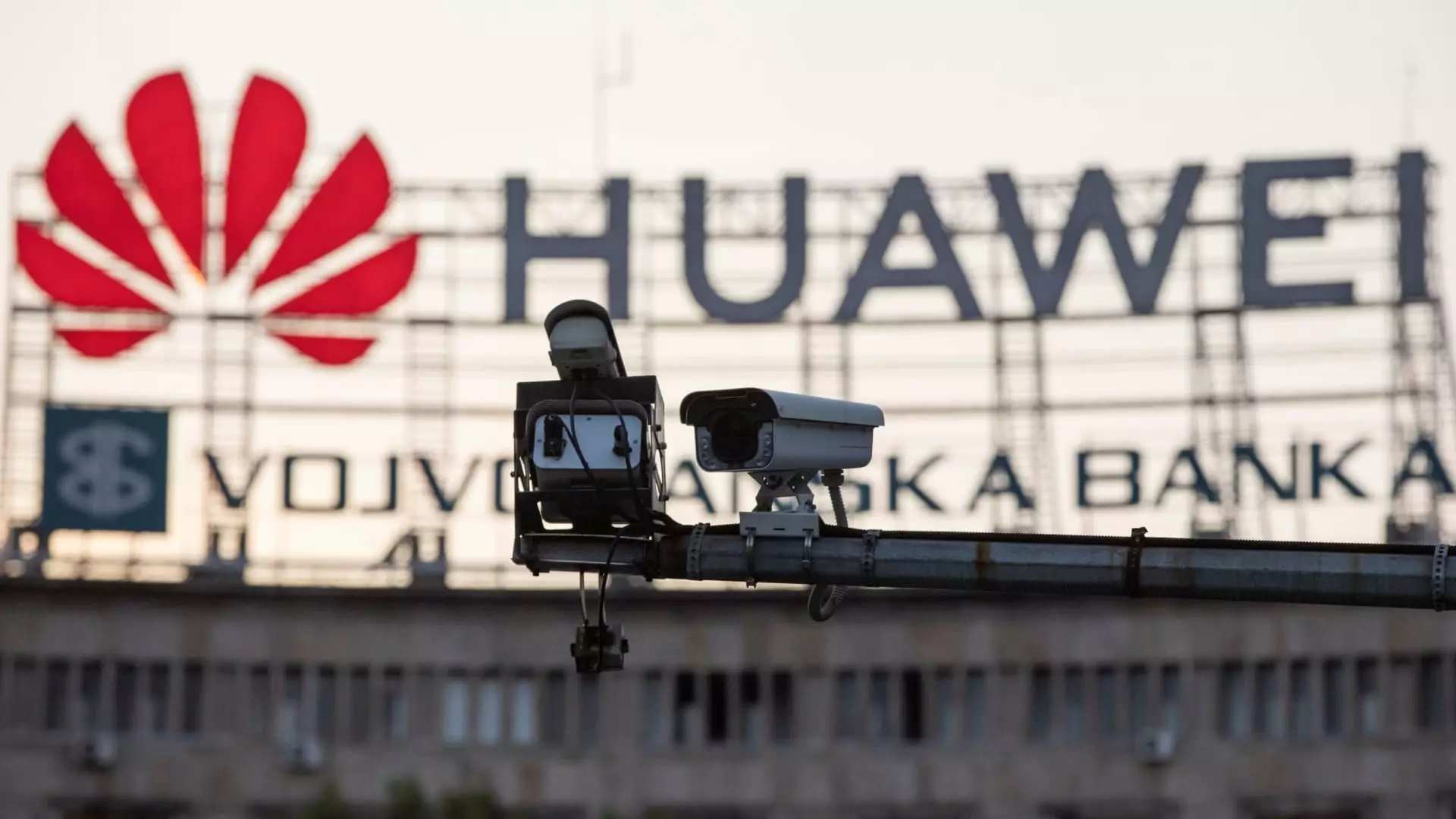The Biden administration has taken steps to revoke eight licenses this year that had previously allowed certain companies to ship goods to Chinese telecoms equipment giant Huawei. The Commerce Department, responsible for overseeing U.S. export policy, confirmed the revocation of “certain” licenses in response to an inquiry raised by Republican Congressman Michael McCaul. Among the companies impacted by the license revocation were Qualcomm and Intel. This move is seen as an effort to exert pressure on Huawei, which has been resurging despite previous efforts by the U.S. government to curb its growth.
The details provided in the document reflect the Biden administration’s commitment to thwarting Huawei’s advancements, particularly as the company has been experiencing a resurgence in recent years. Despite efforts to label Huawei as a security risk, the company has continued to expand its operations and technological offerings. The revocation of licenses, particularly those related to the shipment of exercise equipment, office furniture, and low-technology components, is aimed at limiting Huawei’s ability to access key resources necessary for its operations.
Response from Huawei and Suppliers
Both Huawei and Qualcomm refrained from commenting on the revoked licenses, while Intel chose not to provide a statement. The House Foreign Affairs Committee, chaired by Congressman Michael McCaul, is currently reviewing the data provided by the Commerce Department. This development comes at a time when tensions between the U.S. government and Chinese technology companies, such as Huawei, are high due to concerns over national security risks posed by these entities.
Huawei’s resurgence in the market is attributed to the company’s innovative products, including smartphones and smart car components. Despite being placed on a U.S. trade restriction list in 2019, Huawei has managed to secure licenses from suppliers to continue its operations. The policy introduced during the Trump administration allowed for a broader range of items to be shipped to Huawei, ensuring that the company could sustain its growth despite regulatory challenges.
Approval of Licenses for Chinese Parties
The agency overseeing export licenses approved a significant amount of applications seeking permission to sell goods to Chinese parties on the entity list. From 2018 to 2023, $335 billion worth of licenses were approved out of a total of $880 billion in applications. The Biden administration, in its first year in office, approved $222 billion worth of licenses in 2021 alone, indicating a more lenient approach towards granting permissions for exports.
The revocation of licenses impacting Huawei reflects the Biden administration’s commitment to addressing national security concerns related to Chinese technology companies. By restricting access to crucial resources and components, the U.S. government aims to limit Huawei’s ability to expand its operations and influence in the global market. The ongoing scrutiny over Huawei’s activities underscores the complex dynamics of the U.S.-China technological rivalry and the challenges posed by competing in a digitally connected world.


Leave a Reply